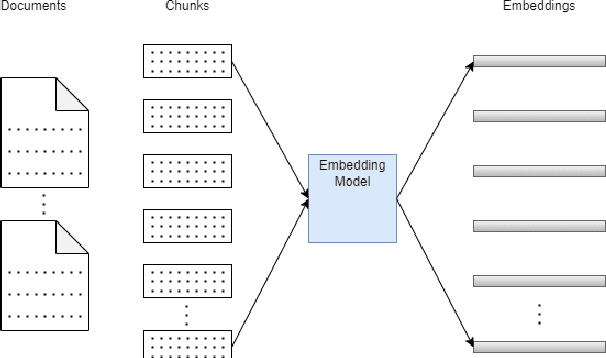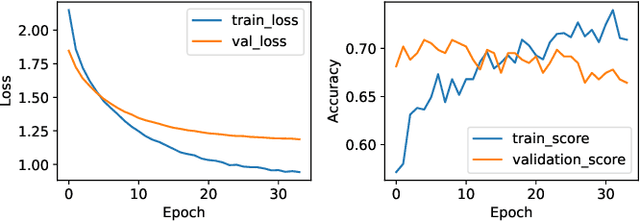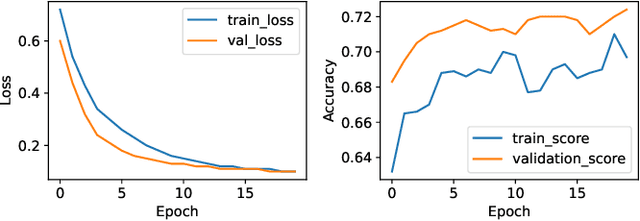QMOS: Enhancing LLMs for Telecommunication with Question Masked loss and Option Shuffling
Paper and Code
Sep 21, 2024



Large Language models (LLMs) have brought about substantial advancements in the field of Question Answering (QA) systems. These models do remarkably well in addressing intricate inquiries in a variety of disciplines. However, because of domain-specific vocabulary, complex technological concepts, and the requirement for exact responses applying LLMs to specialized sectors like telecommunications presents additional obstacles. GPT-3.5 has been used in recent work, to obtain noteworthy accuracy for telecom-related questions in a Retrieval Augmented Generation (RAG) framework. Notwithstanding these developments, the practical use of models such as GPT-3.5 is restricted by their proprietary nature and high computing demands. This paper introduces QMOS, an innovative approach which uses a Question-Masked loss and Option Shuffling trick to enhance the performance of LLMs in answering Multiple-Choice Questions in the telecommunications domain. Our focus was on using opensource, smaller language models (Phi-2 and Falcon-7B) within an enhanced RAG framework. Our multi-faceted approach involves several enhancements to the whole LLM-RAG pipeline of finetuning, retrieval, prompt engineering and inference. Our approaches significantly outperform existing results, achieving accuracy improvements from baselines of 24.70% to 49.30% with Falcon-7B and from 42.07% to 84.65% with Phi-2.
 Add to Chrome
Add to Chrome Add to Firefox
Add to Firefox Add to Edge
Add to Edge